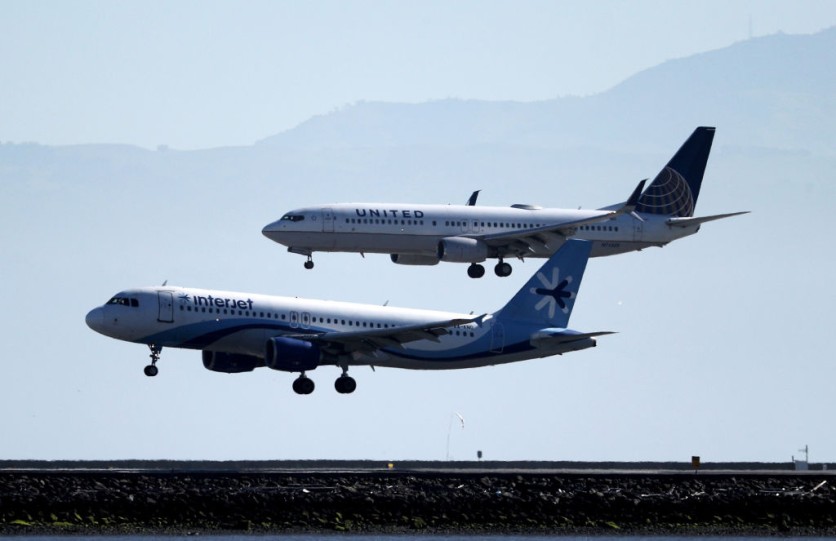Airbus and Boeing, two of the world's largest aircraft manufacturers, are increasing their commercial aircraft production to meet the surging demand from airlines.
According to AFP, both companies recently released their results, showcasing strong revenues and focusing on ramping up client deliveries.

Airbus and Boeing Uptick in Deliveries
In the second quarter, Airbus reported a net profit of 1.06 billion euros ($1.17 billion), while Boeing faced a $149 million loss due to delays and cost issues in its defense and space program.
Despite this setback, Boeing's revenue rose 18 percent to $19.8 billion during the quarter, and Airbus saw a 24 percent surge to $17.6 billion. Both aircraft manufacturers have experienced an uptick in deliveries to meet the growing demand.
Boeing delivered 136 commercial planes in the second quarter, representing a 12 percent increase, while Airbus achieved a 6.4 percent rise with 316 deliveries in the first half of the year.
However, the road to recovery has been challenging. The COVID-19 pandemic forced Airbus and Boeing to scale down production and reduce their workforce as global air travel came to a standstill.
Now, as travel demand rebounds, companies are faced with the task of ramping up production to fulfill orders while navigating supply chain difficulties and supplier constraints.
Boeing's CEO, Dave Calhoun, remains optimistic about the company's turnaround, pointing to "steady progress" and strong demand in the industry. The company plans to increase the production rate of the 737 MAX from 31 to 38 aircraft per month, with plans to reach 50 aircraft per month.
Airbus also stresses the importance of increasing production, but supply chain challenges continue to pose a significant obstacle. The company aims to produce 75 of its best-selling single-aisle A320 family aircraft per month in 2026, establishing this production rate as a key reference point.
Read Also : SpaceX vs. Airbus: Jean-Marc Nasr Flexes on SpaceX CEO About Mars in 2026, Elon Musk Accepts Challenge
Strong Demand
Airbus and Boeing have received significant orders as airlines invest in more fuel-efficient fleets, driven by growth and fleet replacement. Airbus recorded 800 orders at the Paris Air Show, and net orders for the first half of the year amounted to 1,044, exceeding the previous year by more than four times.
The demand for commercial aircraft remains strong, and Airbus' order book currently stands at a record 7,967 aircraft. While these numbers are promising, Airbus must address a weak performance in its defense and space unit, which experienced a drop in revenues attributed to delays even if it managed to return to an operating profit, according to AFP.
In contrast, Boeing's Defense, Space & Security division experienced setbacks due to delays in the Starliner spacecraft and higher costs associated with the T-7A jet trainer program.
Nevertheless, the company's commercial aircraft unit demonstrated resilience despite operating with a loss. Investors have responded positively to Boeing's updated production targets, leading to a 6.7 percent surge in the company's share price.
Related Article : ULA Vulcan Upper Stage Needs More Work, to Return to Factory After Investigation on March Explosion

ⓒ 2026 TECHTIMES.com All rights reserved. Do not reproduce without permission.




